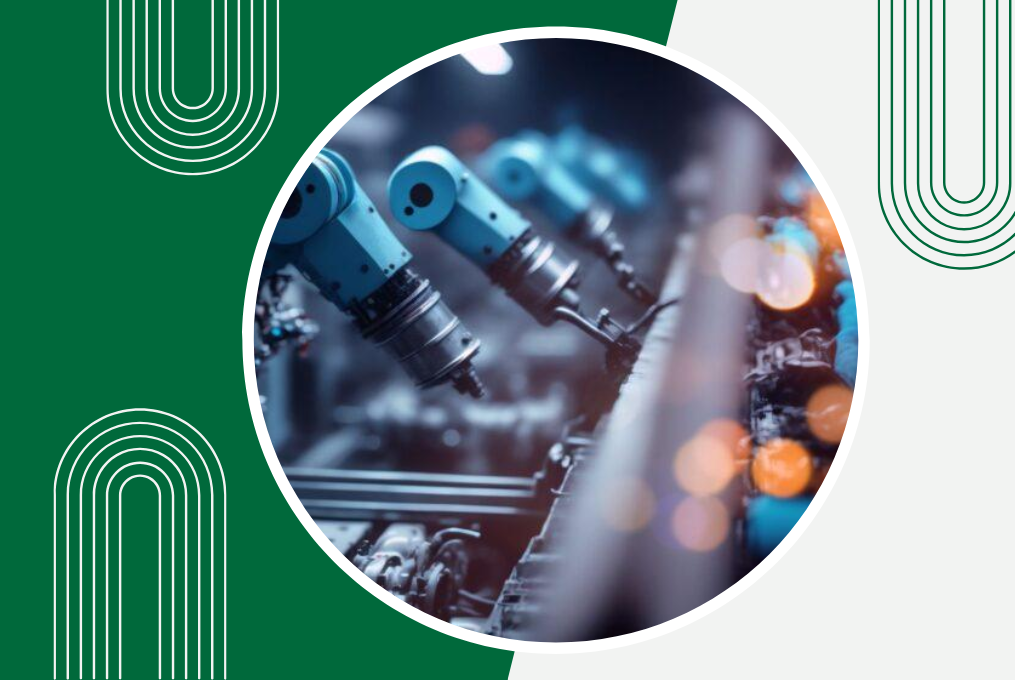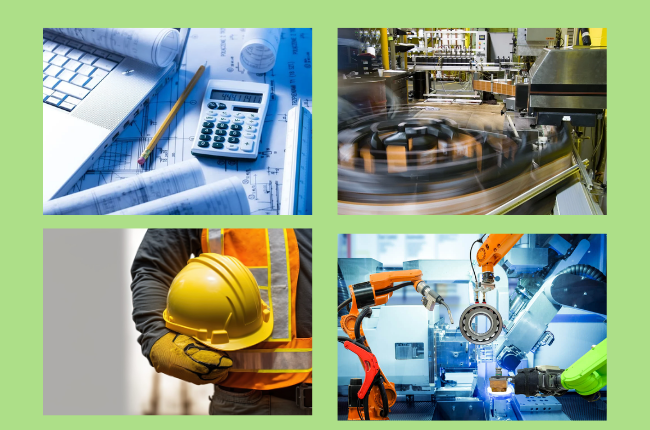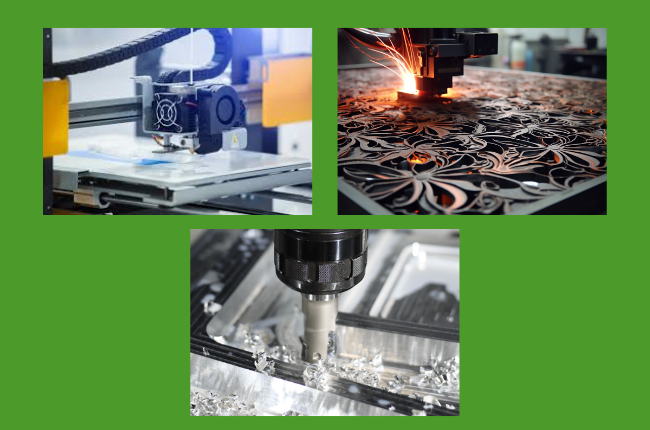How Machining Technology is Advancing Manufacturing Efficiency and Precision

The demand for high-quality products made quickly and accurately is growing rapidly. To meet these demands, manufacturers are turning to advanced machining technology. This technology is changing the way we make things, improving efficiency and precision in manufacturing processes. Let’s explore how machining technology is advancing and what benefits it brings to the industry.
What is Machining Technology?
Machining technology involves tools and machines that shape and form materials into finished products. This can include cutting, drilling, grinding, and more. The goal is to create parts that meet specific measurements and requirements. Over the years, machine technology has evolved from simple manual tools to highly sophisticated machines controlled by computers.
The Rise of CNC Machines
One of the biggest advancements in machine technology is the development of CNC (Computer Numerical Control) machines. These machines are controlled by computers, which makes them incredibly precise.
Here's how CNC machines are changing manufacturing:
Improved Precision
CNC machines can follow detailed instructions down to fractions of a millimeter. This level of precision ensures that every part is made exactly to specifications, reducing errors and waste.
Increased Efficiency
Since CNC machines can work continuously without breaks, they significantly speed up the production process. This allows manufacturers to produce more parts in less time.
Consistency
CNC machines can repeat the same process over and over with the same accuracy. This consistency is crucial for mass production, where every part needs to be identical.
Complex Designs
CNC technology allows for the creation of complex and intricate designs that would be impossible with manual machining. This opens new possibilities for product innovation and customization.
Automation and Robotics

Automation is another key advancement in machining technology. Robots and automated systems are increasingly used in manufacturing to handle repetitive tasks. Here’s how automation benefits manufacturing:
Reduced Labor Costs: By using robots for repetitive tasks, companies can reduce labor costs and free up human workers for more complex jobs.
Faster Production: Robots can work faster than humans and do not need breaks, which speeds up the production process.
Safety: Automation reduces the need for humans to perform dangerous tasks, improving workplace safety.
Precision and Consistency: Automated systems are very precise and can perform the same task repeatedly with high accuracy, ensuring consistent quality.
Advanced Materials and Techniques

Modern machining technology also includes the use of advanced materials and techniques. For example:
3D Printing
Also known as additive manufacturing, 3D printing allows for the creation of parts layer by layer. This technique is highly precise and can create complex shapes that are difficult or impossible to achieve with traditional methods.
Laser Cutting and Engraving
Lasers can cut and engrave materials with extreme precision. This technology is used in various industries, from automotive to electronics, for creating detailed and accurate parts.
High-Speed Machining
This technique uses high-speed tools to cut materials faster and with more precision. It is especially useful for working with hard materials like metals.
Benefits of Advancing Machining Technology
The advancements in machining technology bring numerous benefits to manufacturing, including:
Higher Quality Products: Improved precision and consistency result in higher quality products that meet exact specifications.
Cost Savings: Increased efficiency and reduced waste lead to significant cost savings for manufacturers.
Flexibility: Advanced machines can easily switch between different tasks, allowing manufacturers to quickly adapt to changing demands and produce a wide variety of products.
Innovation: The ability to create complex and intricate designs fosters innovation and allows manufacturers to develop new and improved products.
Final Thoughts!
Machining technology is revolutionizing the manufacturing industry. From CNC machines and automation to advanced materials and techniques, these advancements are improving efficiency and precision in production processes.
As technology continues to evolve, we can expect even greater improvements in the quality and speed of manufacturing, driving innovation and meeting the growing demands of the modern world.
The future of manufacturing looks bright with the incredible growth in machine technology.